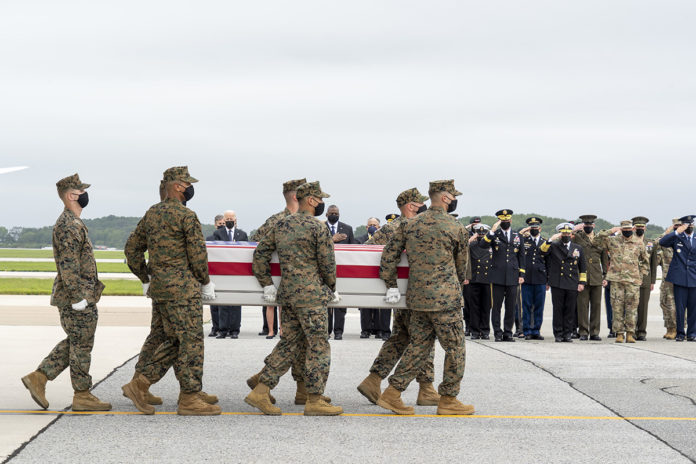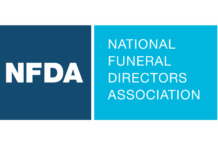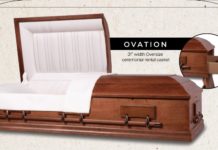
By Leader Editor Kara Apel
Thousands watched on live television as 13 U.S. service members returned home after being killed in a terrorist attack at the Kabul airport during the military’s exit from Afghanistan.
Dignified transfers for all the service members were conducted at Dover Air Force Base on Aug. 29, 2021. President Joe Biden and several other high-ranking military and civilian officials were in attendance as each service member was individually transferred from the military plane into an awaiting vehicle for transport.
These American heroes were taken into the care of Air Force Mortuary Affairs Operations, known as AFMAO, at Dover Air Force Base. This highly trained group of licensed mortuary specialists and embalmers works to prepare the remains of fallen service members so their families can start the healing process.
AFMAO’s $30 million, 78,000-square-foot facility opened in 2003 and is the largest mortuary run by the Department of Defense. The mortuary of AFMAO runs lead for the Dignified Transfer Mission at Dover and provides support for all branches of service.
Its mission is “to fulfill the nation’s sacred commitment of ensuring dignity, honor, and respect to the fallen, and care, service, and support to their families.” The agency’s staff members are the lead subject matter experts on all mortuary matters and provide support for mass fatalities and search and recovery operations.
Electa Thompkins, a Mortuary Specialist at AFMAO, serves her country as a funeral director and embalmer. She joined AFMAO in 2009 after caring for the fallen during her time in the Reserve.
“It was a part of our job, and I just loved doing it. It was an honorable thing to do — caring for the fallen coming back and knowing that what we did was an extension of the continuum of care for our survivors’ families,” said Thompkins about her time in the Reserve.
AFMAO’s staff consists of about 50 employees, including 20 military personnel and 30 civilians. In addition, there are 35 deployed military service members, which can change based on the needs of a specific mission. Staff members also help families navigate funeral entitlements and military funeral honors.
“Our job encompasses so much, and our division has so many different layers to it. The men and women that serve in our division have so many different skill sets. It’s such a diverse bunch of individuals. But when it comes together, we are all a team, we are a family, and our mission is just to take care of the fallen and their family and to make sure that we are giving the best care to them — not just in a short period of time but in the years to come,” Thompkins said.
Fallen service members who are killed in combat are taken to Dover AFB. When a fallen service member arrives, they are first taken to the Office of the Armed Forces Medical Examiners for identification. The average age of the deceased is 25 years old.
Once in their care, AFMAO specialists work to prepare the service member’s remains, dressing them in the appropriate uniform, handling the casket, and performing cosmetic and restoration procedures.
The job can be difficult, as many of the service members they assist have suffered severe traumatic injuries. Typically, two embalmers are used for every case, and there is a barcode system in place for all remains. The mortuary has 10 embalming stations they can use if needed.
Following these services, the fallen service member is then transported to their final place of rest, which is chosen by their families. The organization charters an aircraft for the family to take their loved one back to the city of their choice for a funeral or memorial service and burial. AFMAO considers local funeral homes to be their “mission partners” in handling the last part of this journey for the family.
The families of the service members can utilize AFMAO’s Center for Families of the Fallen, the Fisher House for Families of the Fallen, and the Meditation Pavilion.
Families who travel to Dover AFB for a dignified transfer are provided lodging at the Fisher House. Families can also receive additional assistance from their support team, which is comprised of chaplains and mental health technicians.
Thompkins said the AFMAO staff also has access to help with their own spiritual, emotional, and physical needs, including the ability to talk with chaplains or mental health professionals.
“We have so many support systems at our job that are here to support us. Anything that we need, we have it,” she said.
When asked about what motivates her every day, Thompkins had this to say: “What I do serves a higher purpose … serving the families after they have lost someone.”







